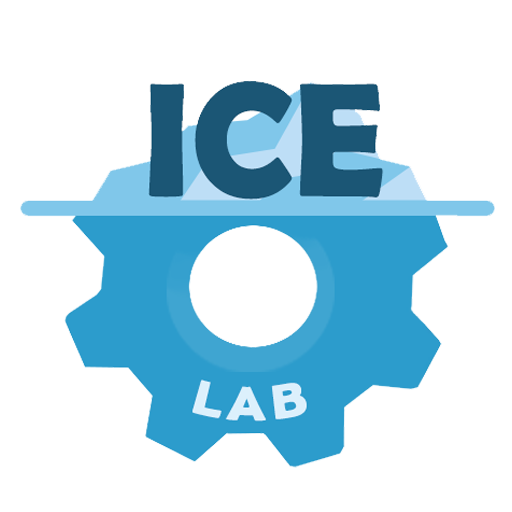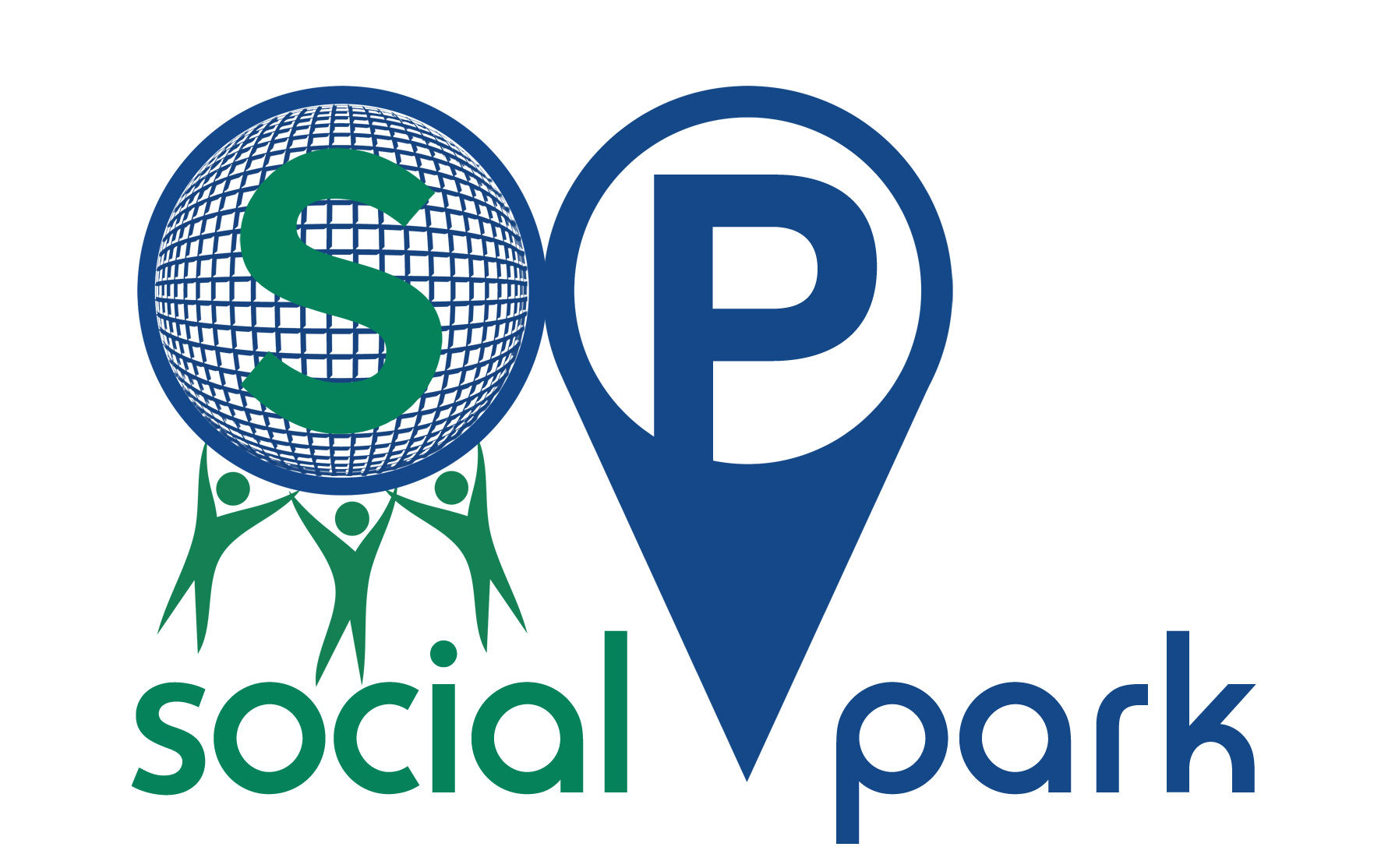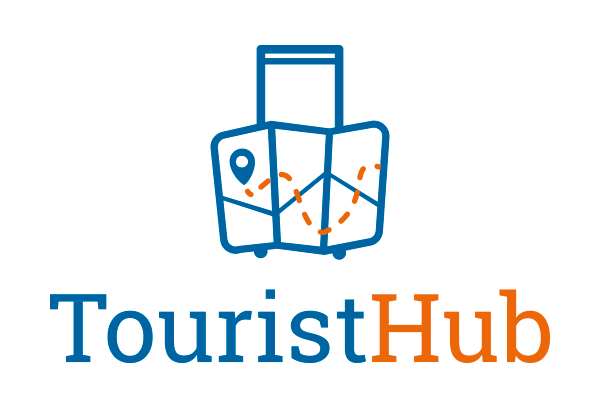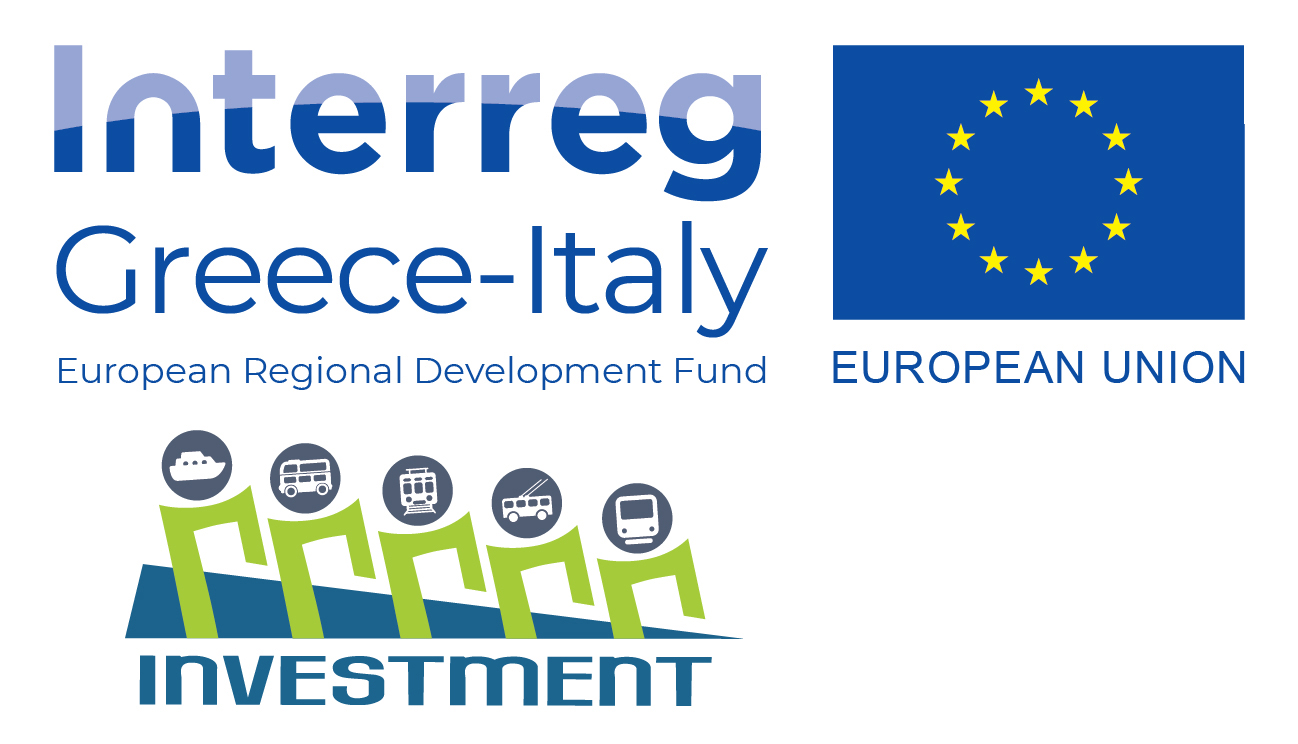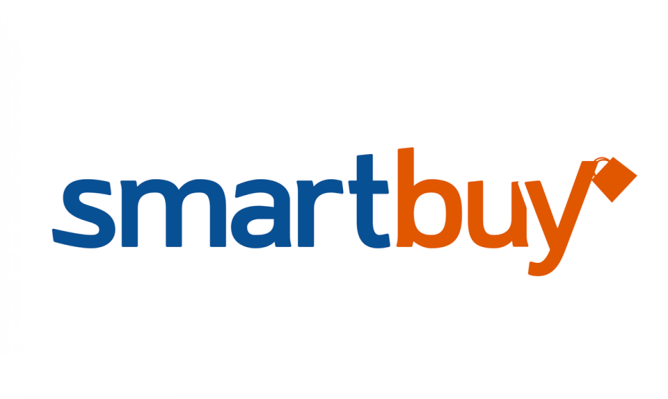Projects
Cultivating Cybersecurity Defence Expertise with Mindful Readiness and Skills
CADMUS
The CADMUS project aims to address the cybersecurity expertise shortage in Europe by developing targeted training opportunities based on approaches including cyber range projects, games, hackathons, bootcamps, and traineeships. These interventions aim to upskill educators, trainers, SME and startup employees, civil servants as well as graduate students who target cybersecurity careers through hands-on experiences and theoretical background building. The project will utilize existing initiatives and offers in cyber security training to build upon and develop enhanced training curricula based on integrating proven training models and standards. The project aims at fostering a robust cybersecurity workforce, meeting sector-specific and legislative requirements, and addressing the needs of SMEs, startups, and public administrations.
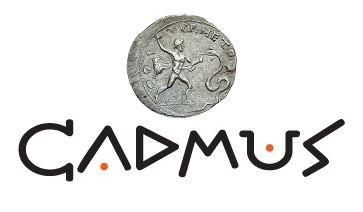
AKADIMOS
The AKADIMOS project aims to support the creation and initial operation of the European Cybersecurity Skills Academy which, as specified in the relevant EC Communication aims at a single point of entry that establishes synergies for cybersecurity training initiatives along with funding opportunities regarding the development of cybersecurity skills and thus contributing towards closing the skills gap of cybersecurity professionals across EU. AKADIMOS is a horizontal project and it will work towards the support and evolution of important instruments and outcomes envisioned by all pillars of the Academy, including the coordinated cooperation and involvement of all relevant stakeholders (EC, ENISA, ECCC, relevant EC-funded projects, cybersecurity training companies and industry, public entities and SMEs). The goal is to avoid scattered and redundant efforts, offering the opportunity to scale-up and make a noticeable impact in closing the cybersecurity professionals’ gap. The project will enhance the European Cybersecurity Skills Framework, and will also create tools for improvement and effective monitoring of the impact of existing and future initiatives. It will create an information system for cybersecurity curricula that will contain all courses material, their metadata, the registry of Trainers, and provide Services to various entities for scale-up, and services for updating the Digital Skills and Jobs Platform and for validating content towards a solid and realistic plan for the sustainability of the Academy. The project will establish procedures for the efficient and effective decentralized operation of the Academy, towards making the Academy the unique EU reference ecosystem for cybersecurity professionals.
Advanced CoMputing Continuum Solutions for Boosting DigITalization across European RegionS
AMBITIOUS
Several activities for the development of digital solutions based on 5G (and other) technology is currently taking off in many parts of Europe giving businesses and consumers many opportunities for connecting and efficiently interacting with other business partners, service providers, and social networks. New ecosystems and value networks will evolve, and many business opportunities will occur. At the same time, 5G is not only a new radio access technology offering higher data rates and lower latencies, but it is considered as an enabler for supporting cutting edge tools and applications in the new era of computing continuum (that mixes Cloud, Edge and IoT resources). The resulting new technology platform enables developers to deploy their software not only centrally in the cloud and distributed in the end-users’ laptops and mobile phones, but also at the network edge. This new architecture paves the way for new business models, value chains, and deployment models offering SMEs to serve their clients even better with highly responsive applications and services. Systems could be designed to be more fault tolerant and robust using a combination of backend components deployed centrally and closer to the end-users.
The main goal of AMBITIOUS is to provide a fundamental technological infrastructure, which will provide advanced data aggregation and clean-up, analytics, AI-enabled forecasting and secure information exchange mechanisms, via a transparent computing continuum infrastructure, to be integrated with existing, mature services (of at least TRL6) of the relevant stakeholders (SMEs), unleashing for them yet unforeseen functionalities and opening up new pathways of commercial exploitation. The envisaged fundamental infrastructure will be provided via the deployment of technological pillars, which will interact with existing services towards supporting the envisioned functionalities. The purpose of a pillar is to provide the same generic functionalities to diverse services (demonstrated by a diverse set of specific use-cases) as a concrete processing chain, aiming at avoiding unnecessary redundancy of resources and budget. New participants (third parties) can easily join via the open calls the project will organize. A variety of sectors will be targeted including safety, smart water management, precise agriculture, as well as innovative digital health and wellbeing services. Our objectives are aligned with the smart specialization priority areas of the participating regions. They are also long-term sustainable both from an ecological, social, and economical viewpoint.
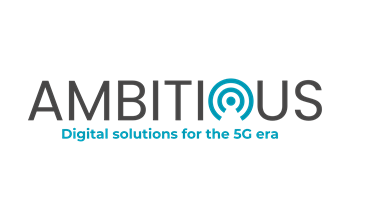
PAper Printing workEr tRaining using eXtended Reality
XR2LEARN-PAPERXR
XR2Learn-PaperXR aims to revolutionize training in the manufacturing industry, especially in the context of the printing sector. Traditionally, manufacturing has shifted from craftsmanship to complex machinery, demanding continuous training. This incurs substantial costs due to the need for halting production and consuming materials like paper and ink, with significant environmental and economic consequences.
XR2Learn-PaperXR uses Extended Reality (XR) tools to create a lifelike training environment. It replicates printing production procedures and machine operations, addressing challenges like modeling tasks, virtual hardware design, and real-time interaction. By merging real-world hardware data with virtual models, trainees work with digital twins of actual machinery, fostering a holistic understanding of operations.
The project unites three experienced teams from IT, Industry, and Academia. The innovation lies in XR technology's application to training, offering a realistic, interactive, and cost-effective alternative. XR-based training enhances safety, reduces material costs, and extends the lifespan of equipment. It also supports remote learning, making continuous skill development accessible.
However, challenges include high XR equipment costs, content creation complexity, employee resistance, and a lack of industry standards. Overcoming these hurdles requires careful planning, investment, training, and a commitment to integrating XR technology into the printing industry workflow. Addressing these challenges is vital to realizing the full potential of XR2Learn-PaperXR in transforming training in manufacturing.
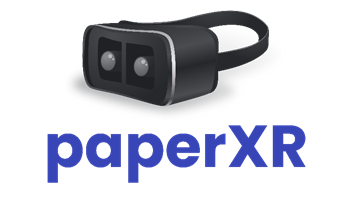
Delivering platform for delivering goods as a service
i-Deliver
The mail goal of iDeliver is to develop an open web platform that will introduce an innovative business model, aspiring to radically change the way delivery services operate. The envisaged open web platform will be based on the optimal management of the time and the destination of each delivery, as well as the model of work sharing between distributors and customers (consumers or businesses) on the logic of customization, utilizing advanced optimization algorithms. The technological innovation of the platform is based on the precise forecasting of the estimated delivery time through many parameters (e.g., seasonality, peak hours, special days and events, weather conditions, history, number of affiliated stores), and on the multivariate optimization algorithms, to make real-time decisions about timely notification of the most suitable affiliated dealers for work at specific times. In particular, the platform aims to ensure optimal utilization of time and of the total ecosystem, comprised of consumers, enterprises and distributors, operating in harmony, serving the maximum workload and ensuring fastest delivery to the consumers.

An integrated Parking-as-a-Service platform for facilitating search of vacant parking spaces based on crowd-sourced Information
SocialPARK
The main goal of SocialPARK is the creation of an integrated platform for the provision of personalized parking functionalities as a service (parking-as-a-service), providing an ecosystem of interacting citizens, parking companies and municipalities, towards a mutually profitable management of the publicly available parking spaces. The availability of free parking positions is audited either via specialized automated systems (e.g., via the use of cameras and sensors), or (mainly) via a crowd-sourcing approach that gathers availability information provided by the commuters, private companies and the municipalities.
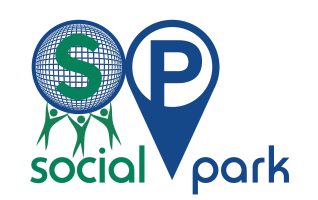
Aggregation and provision of integrated tourist and travel services
TouristHub
The main goal of TouristHub is the development of a ``one-stop'' online platform, delivering a comprehensive, complete and personalized suite of tourist services, and generating surplus value from the aggregation and synthesis of services provided by independent shareholders of the tourist value chain. In particular, the TouristHub platform comprises the following suite of tourist services: (a) planning of complete, personalized vacation packages including suggestions (with booking/purchase option) for accommodation, transport, food, activities, sightseeing, etc., (b) enabling local tourist businesses to push notifications to tourists with suitable profile when in proximity to the businesses’ premises, (c) allowing to reuse part of the platform’s functionality on travel agent websites through their participation in affiliate programs; (d) assisting tourism policy makers in decision-making through data analytics tools.
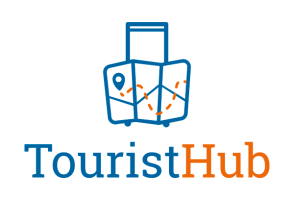
Innovative e-services for boosting Turist Economy and Multimodal Public Transportation
INVESTMENT
The INVESTMENT project aims at delivering an e-platform supporting an ecosystem of innovative services, addressing the requirements of citizens, tourists and public transportation service providers through consolidating data across all the involved means of transport and offering a unified view of the – otherwise – fragmented transportation network between the region of Western Greece and Puglia (Bari, Taranto, Ostuni). The e-platform supports three core e-services (mobile & web applications): (a) a multimodal public transit route planner, computing and visualizing optimal end-to-end routes using different modes of transportation (e.g., bus→train→ferry→urban bus→walking); (b) a multimodal tourist tour planner, which derives personalized daily tourist tours via selected attractions (each tour comprising an ordered set of attractions, using public transport services to move from a location to another); (c) a decision support system (DSS) identifying bottlenecks across the public transport network to assist public transport operators, planners and policy makers in performing selective improvements upon the network (e.g. timetable updates or establishment of new services/routes).
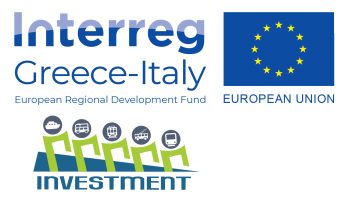
Enhanced Buying Experiences in Smart Cities
SMARTBUY
The SMARTBUY project concerned the provision of technological infrastructure for small and medium sized retailers (SME) to become The Place to buy for people that do not want to lose the advantages of in-store purchasing at the same time that they want to experiment the advantages of e-Commerce (comparison of prices, choice of providers, reviews and specification awareness, etc). SMARTBUY converts Smart Cities’ physical stores in a Smart geographically distributed mall by providing the logical consistency needed for conducting centralized searches in heterogeneous and geographically distributed physical stores, and hence boosting SME retailer visibility and enhancing consumers’ buying experience.
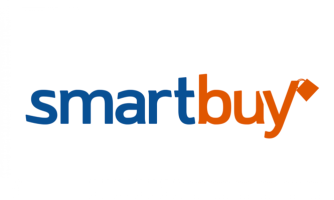
Holistic Personal public Eco-mobility
HoPE
The main goal of HoPE was to advance the role of public transportation systems through an open platform capable of combining Interoperable Fare Management (IFM) and Traveler Information Systems (TIS). The overall platform was user oriented and user centric, in a way that it fostered and promoted user awareness and consciousness about public transportation services and eco-mobility, other than providing a significant mix of services including info-mobility features, trip planning, ticket reservation, fare calculation and mobile payments. The HoPE platform was piloted and tested in the cities of Athens (GR) and Coventry (UK), as well as in the Basque country (SP).

Renewable MObility serVicEs in SMART cities
MOVESMART
The main goal of MOVESMART was to provide time-dependent route planning and renewable personal mobility services in large-scale urban-traffic networks, using a novel crowd-sourcing platform for collecting real-time information by multimodal travelers. The MOVESMART mobility services integrated the use of public transport and supported electro mobility and car-sharing/pooling. The MOVESMART services were piloted and tested in the cities of Vitoria (SP) and Pula-Pola (HR).

eCO-friendly urban Multi-modal route PlAnning Services for mobile uSers
eCOMPASS
The main goal of eCOMPASS was to establish new algorithmic concepts and methodological frameworks for route planning optimization following a holistic approach in addressing the environmental impact of urban mobility. eCOMPASS delivered a comprehensive set of tools and services for end-users that enable eco-awareness in urban multi-modal transportation, considering all types and scenarios of human and goods mobility in urban environments (private cars, fleets of vehicles, public transport). The eCOMPASS tools and services were piloted and tested in the city of Berlin (D).

Algorithms for Robust and online Railway optimization: Improving the Validity and reliAbilty of Large scale systems
ARRIVAL
The main goal of ARRIVAL was to develop the necessary foundational algorithmic research in order to tackle efficiently and effectively the fundamental efficiency and quality issues encapsulated in robust and online planning of complex, large-scale systems as those in railways.

